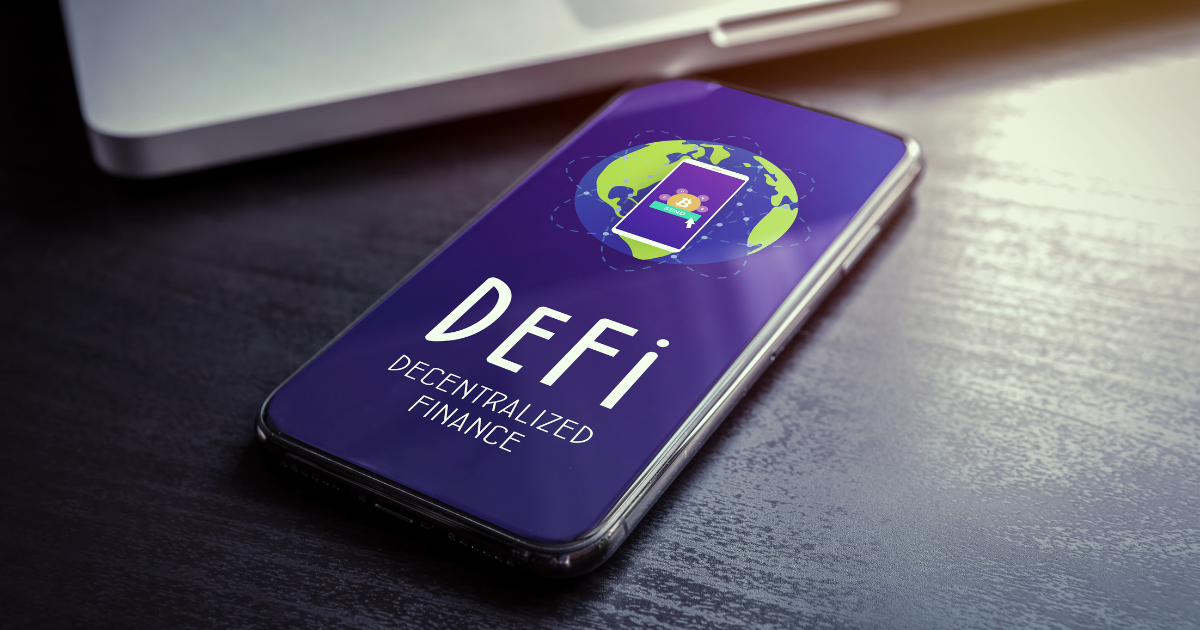Physical Address
Suit 4: SG, Pakistan, Islamabad

Learn to earn digital currency

Learn to earn digital currency

From the beginning, cryptocurrency has been a force of revolution in the financial sphere. Decentralized Finance (DeFi) is one aspect that comes to mind when discussing this rapidly developing industry. DeFi is a portmanteau word covering different blockchain applications to disrupt financial intermediaries.
Decentralized Finance builds on the basic concept of Bitcoin digital money as a whole new platform for Wall Street without all its associated costs like buildings, banks, and brokers. It is based on eliminating all middlemen from every financial transaction.
This is more than just reducing costs; this is about creating open-access economic systems where anyone with a web connection can contribute without approval from one of the gatekeeping institutions.
Smart contracts are the foundation of DeFi. These are autonomous agreements, where the agreement or contract terms are directly written into lines of code. Ethereum has been the most prominent platform for smart contracts so far.
DeFi platforms for lending are among the most popular ones. Users can deposit their cryptocurrency to earn interest, similar to a standard bank account for savings, but often at higher rates.
Borrowers can apply for loans using cryptocurrency as collateral. The rates are determined algorithmically: the higher the demand for borrowing a given cryptocurrency, the greater the interest rate will be.
Stablecoin giving is another area of interest in DeFi. On the other hand, with unsecured digital currencies associated with shakiness like Bitcoin or Ethereum, stablecoins are connected to consider a more reasonable portfolio of resources, such as USD, and thus are suitable for everyday transactions. Being vast and solid, it is used in trade and non-unstable stores of high value.
Another pillar of DeFi is exchanges. Decentralized exchanges (DEXs) permit users to trade cryptocurrencies without a central authority facilitating their trades. This implies cheaper costs and a reduced theft risk because users do not need to deposit their assets onto the exchange before trading.
However, DeFi has its problems and risks. The code that supports DeFi applications is intricate, and a bug can cause significant losses. There have been cases where vast amounts of cryptocurrency were stolen. More so, there is concern regarding money laundering and other illegal activities because of the lack of an unregulated entity.
Despite all these issues, the potential of DeFi cannot be denied. Statistically, it symbolizes moving to an increasingly open financial system that empowers users. DeFi can establish a more inclusive global economy by utilizing blockchain technology.
Looking to the future, the DeFi we knew will continue its growth trajectory. As more institutional investors show interest in DeFi and technology and security continue to develop, the decentralized finance industry will become a fixture of financial services.
It has stood as a symbol of the strength and possibilities associated with innovation in the relentless pursuit of greater financial inclusion and empowerment.